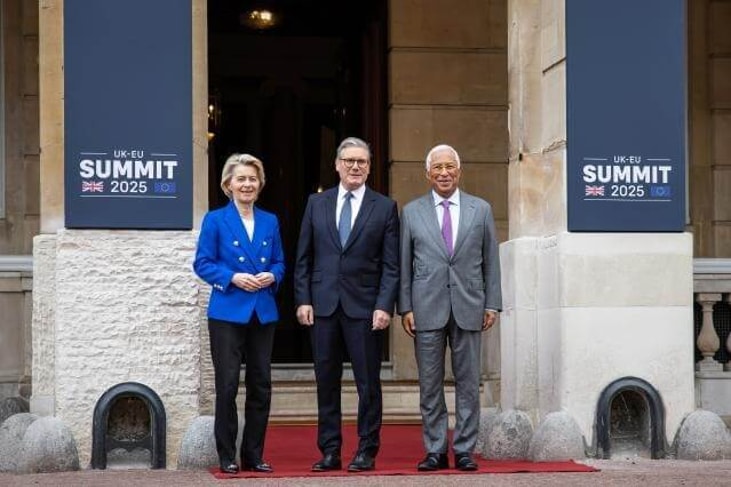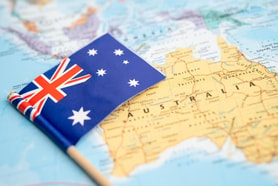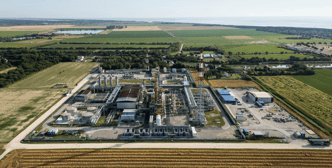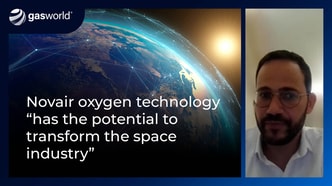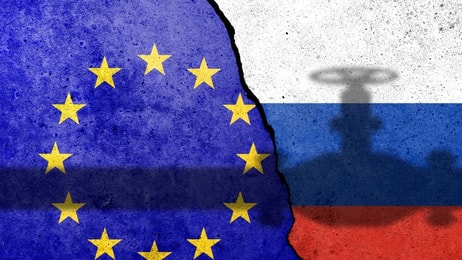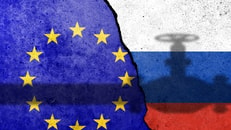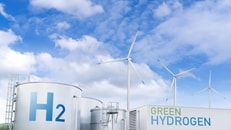Energy security and wider cooperation in the frame at UK–EU Summit
Grid power and energy security formed a major backdrop to today’s first UK–EU Summit – in which leaders hailed a new era of collaboration, five years after the UK’s departure from the EU.
In a joint conference, UK Prime Minister Keir Starmer and European Commission President Ursula von der Leyen announced cooperation across security, defence and industry.
One of the most eye-catching proposals in the energy sphere involves exploring the UK’s participation in the EU’s electricity market.
... to continue reading you must be subscribed

